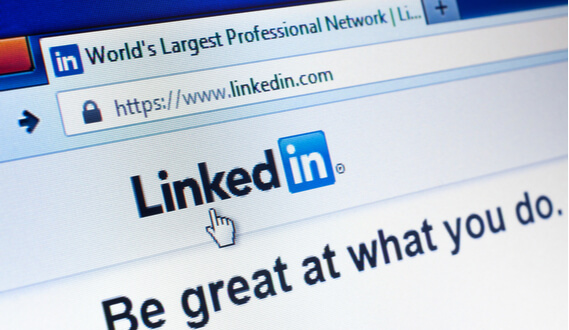More than two-thirds of US workers have not completed their education. Does a college degree matter? Do I need to worry about getting a degree? Or can experience be a great alternative to education? This ancient controversy indeed divided people into advocates of education and experience. But is everything so clear? Resume Edge’s resume writing service decided to consider this issue.

Education vs. Experience: Which Matters More for Your Career?
Education vs Experience
Some may argue that your degree only means that you can learn. It does not show you as a professional employee. Others, in turn, say that experience is undoubtedly significant, but moving up the career ladder requires knowledge and skills that can be obtained during higher education.
We want to use examples in practice and show which cases education or experience is better. This decision is highly dependent on the area in which you want to work and your career situation.
Pros of Education
Why does every job require a degree? It’s simple. There are some truths that still work today.
1. Higher Wages.
True, it’s not a secret for anyone that education (the more degrees, the better) helps a person choose a better job. The US Bureau of Labor Statistics has confirmed that “the more you know, the more you earn.” Their statistics for 2020 showed that employees with a doctorate or professional degree have the highest earnings per week. Next comes a person with a master’s degree, followed by someone who has received a bachelor’s degree. And at the very bottom of the list are workers without a high school diploma. In comparison, a person with a doctorate earns $ 1,883 in average. And the earnings of a worker without a certificate are 592 dollars.
2. Unemployment Rates Are Lower
The same US Bureau of Labor Statistics investigated the topic of unemployment and revealed some interesting data. For example, the percentage of unemployed with a doctoral or professional degree is less than 2%. People with a bachelor’s degree without a job make up a little over 2%. Besides, unemployed people without diplomas account for more than 5 percent.
3. Your Reputation Rises
As cruel as it sounds, a person with an advanced degree is a priority. Do employers check degrees? Well, they do. The Association of American Colleges and Universities surveyed in 2018 and found that more than 80% of executives and about 75% of hiring managers believe that education is necessary for professionals. Plus, higher degrees show your reputation, which makes your resume more presentable. The people interviewed also named the skills they consider the most important for work. It is said that you usually obtain those in college. That does not apply to a specific program. These are “soft skills” of the type: teamwork, oral communication, etc.
4. For Some Professions, It Is a Must to Have a Higher Education
If you want to work in healthcare, engineering, or research, you have to go to college anyway.
Of course, education has its drawbacks as well. For example, you will have to spend a lot of time and money on your degree. It means that you will start working much later. Moreover, since college is quite expensive, you can accumulate a lot of debt during your studies. Dealing with these debts can take years and significantly impact your life.
Pros of Experience
Despite all the advantages of education, experience is of no minor importance in a career.
1. Some Professions Require Experience In the First Place
If you say that I don’t have a degree but I have experience, some professions will definitely suit you. Sometimes education is good, but practice is not a substitute for anything. If you work, for example, in sales, it is the possible experience that will allow you to get more.
2. Experience Is Excellent For Supporting Your Resume.
If you are wondering whether college counts as experience, then we must disappoint you. That is your education. However, you can gain experience in other ways as well. If you just graduated from college and don’t have work experience, then a critical addition would be an experience in volunteering or an internship. Skills should always back up your knowledge, and this is how the employer often learns about the candidate’s abilities. It’s also worth mentioning that practice makes you competitive. Employers will prefer a candidate who has experience over someone who doesn’t.
3. Your Education May Already be Irrelevant.
If you completed your degree more than 15 years ago, it is probably out of date. It is not what you can offer to the hiring manager today. Through experience, you can prove that you continue to learn, develop and discover new technologies in your industry.
4. Promotion
The career progression does not depend on how many degrees you have earned but on how valuable you are to the company. Experience hardens you and helps you make important decisions faster, which undoubtedly leads you to a promotion.
5. Everything Changes
HBS surveyed employers and found that almost half of them considered getting a bachelor’s degree the least essential qualification. You may also have noticed that large corporations such as Apple, Netflix, Google do not require a degree from candidates.
Read More: The Top 10 Skills Recruiters Are Looking For in 2022
So, Degree or Experience?
It indeed depends on where you are in your career. Education is vital, but so is experience. If you combine both, you get a stable job in which you will have prospects. You can consult with us, a service that will tell you what to do at specific points in your career. The ResumeEdge team can also write a profile for Linkedin, since presenting yourself is an integral part of the process of changing occupations or finding a job.


